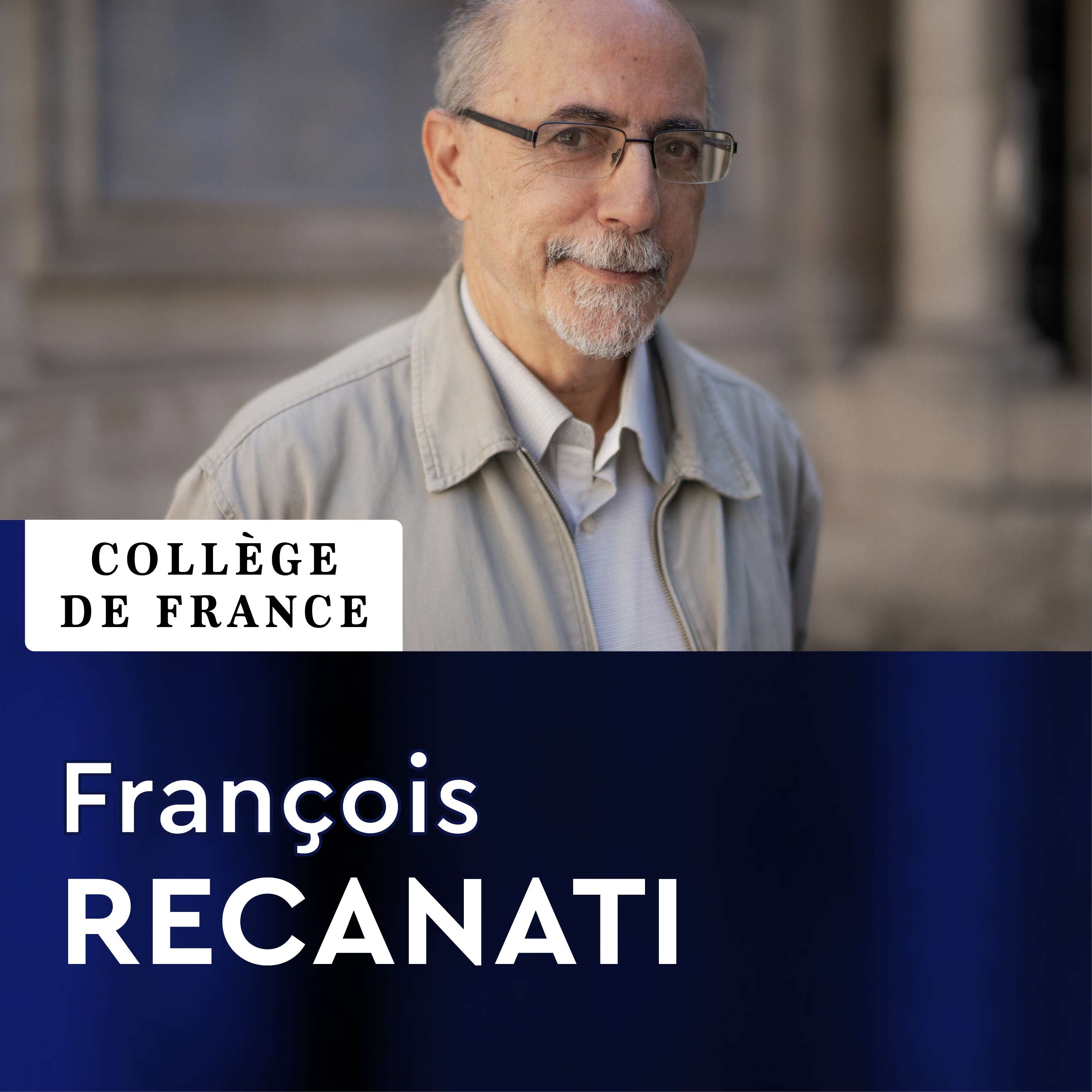Colloque - Indexical Dynamics : Now and Then: The Dynamics of Self-Locating Beliefs
Description
François Recanati
Philosophie du langage et de l'esprit
Collège de France
Année 2023-2024
Colloque - Indexical Dynamics : Now and Then: The Dynamics of Self-Locating Beliefs
Colloque organisé par François Recanati, Professeur du Collège de France, chaire Philosophie du langage et de l'esprit
Intervenant(s)
Matheus Valente, University of Barcelona (LOGOS) & University of Valencia
It's often said within epistemology circles that self-locating beliefs about now and then change in peculiar ways incompatible with traditional Bayesian update rules, and so, that these beliefs are epistemically exceptional. The point is clear enough when we consider subjects who lose track of time - e.g. Rip van Winkle (Kaplan 1989) - and even clearer when some funny business with their memories are added to the equation, as in the famous story of Sleeping Beauty (Elga 2000). But that's like killing a fly with a bulldozer, after all, the dynamics of self-locating beliefs seems exceptional even when attention is restricted to idealised agents that are assumed to never forget any information nor to lose track of time. Such is the case of Chronos, an omniscient god in a deterministic world who not only knows the complete history of her universe but is never uncertain about what time it is. Since Chronos is de dicto omniscient, her beliefs are always entirely concentrated on one possible world. Since she's self-locating omniscient, her self-locating beliefs are, at any given time, concentrated on a single temporal location. Though Chronos is never uncertain about anything, it appears that she must be constantly shifting her self-locating beliefs just to keep up with time: when the present time is n, she believes 'now is n', a moment later when it's n+1, she instead believes 'now is n+1' etc. To use Evans' (1982) metaphor, self-locating beliefs seem to require us to run to keep still. Call the peculiar type of dynamics that even omniscient gods must subject their self-locating beliefs to Shifting (Arntzenius 2003; Bradley (2011) calls it 'Belief Mutation'; Recanati (2016) calls it 'conversion').
To account for Shifting we need to explain why Chronos knows at n that she'll believe 'now is n+1' at n+1 but still refrains from presently believing it. In other words, we need to explain why self- locating beliefs violate van Frassen's (1984) Reflection Principle which holds that we ought to defer to our future selves as experts (under the assumption that their epistemic standing is at least as good as our current one). One way to do so favoured by the majority of epistemologist is to countenance tensed propositions whose truth-values change with time (Titelbaum 2013, p. 171-278). Another way is to hold that the passage of time changes what times/events subjects are acquainted with, which then changes which de re beliefs they can hold at each time. The first camp holds that self-locating beliefs are epistemically special because their truth is tensed. The second camp holds that they so are because their accessibility is tensed. Given how easily this argument seems to roll off the tongue, one wonders whether the last decade of debates with sceptics like Cappelen & Dever (2013) and Magidor (2015) would have taken a different shape if more focus had been given to self-locating beliefs involving instead of to de se beliefs involving 'I'.
But there's an issue. Some epistemologists hold that Shifting is a particularly type of sterile belief update: when the only change in a subject's belief across times is due to Shifting, it's never rational for that subject to revise her de dicto beliefs. As Titelbaum (2013, 233) remarks, it's intuitive that "finding oneself passing through the world in exactly the way one was certain one was going to shouldn't change one's opinions about what that world is like". This suggests a different view where Shifting is not taken to be a type of belief change but instead of belief retention, a view which Prosser (2005) calls
More Episodes
Published 11/18/24
François Recanati
Philosophie du langage et de l'esprit
Collège de France
Année 2023-2024
Colloque - Transparency, Indexicality and Consciousness : Problems with Revelation
Colloque organisé par François Recanati, Professeur du Collège de France, chaire Philosophie du langage et de...
Published 06/28/24
Published 06/28/24


